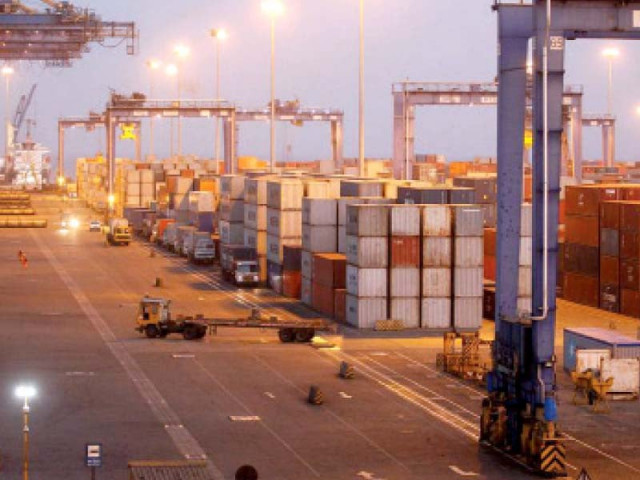Pakistan, China may renegotiate FTA benefits
Islamabad wants more concessions exclusive to its products

Pakistan and China are expected to renegotiate the benefits under the current phase of Free Trade Agreement (FTA) as trade results for 38 export items to China have not been very encouraging.
Pakistan has started drafting a renegotiation deal concerning the export of these items to China. Pakistan wants more concessions exclusive to its products, like rice, and aims for larger market access to increase its share in bilateral trade.
According to officials of the Ministry of Commerce, Pakistan started deliberations with China to renegotiate the terms and tariff lines for the second phase of FTA during Prime Minister Imran Khan’s recent visit to China.
Pakistan hopes that talks may complete before the conclusion of the budgetary exercise for fiscal year 2022-23.
One of the major incentives to Pakistan in developing an FTA with China was strong bilateral economic ties and greater economic integration with a friendly country, with whom it is said to have an ‘all-weather friendship’.
However, whilst trade between the two countries increased significantly, trade gap also appeared. The widening trade deficit between Pakistan and China has become a challenge for both countries.
A study earlier conducted by the Pakistan Business Council (PBC) showed that although 7,550 products (eight-digit HS code) were covered under the China-Pakistan FTA for Pakistan’s exports to China, Islamabad’s exports were only concentrated in 350 product lines, making it 4.6% of the total concessional products.
By comparison, imports from China to Pakistan were recorded in 3,800 products, out of 6,803 products, on which Pakistan offered concessions. Hence, China utilised 55.87% of the total products that are subject to concessions.
The second phase of China-Pakistan Free Trade Agreement (CPFTA) spanning 2019-2024 was finalised between the two countries in early 2019 and it came into effect on January 1, 2020.
The second phase has generally been well received by the business groups and domestic industries in Pakistan. Pakistan’s domestic industries previously raised concern over the ineffectiveness of the first phase in protecting the local industry from the competitive Chinese imports.
The second phase, therefore, introduced safeguard mechanisms that can more effectively protect the domestic industry in China and Pakistan.
This article originally appeared on the China Economic Net
Published in The Express Tribune, March 10th, 2022.
Like Business on Facebook, follow @TribuneBiz on Twitter to stay informed and join in the conversation.


















COMMENTS
Comments are moderated and generally will be posted if they are on-topic and not abusive.
For more information, please see our Comments FAQ